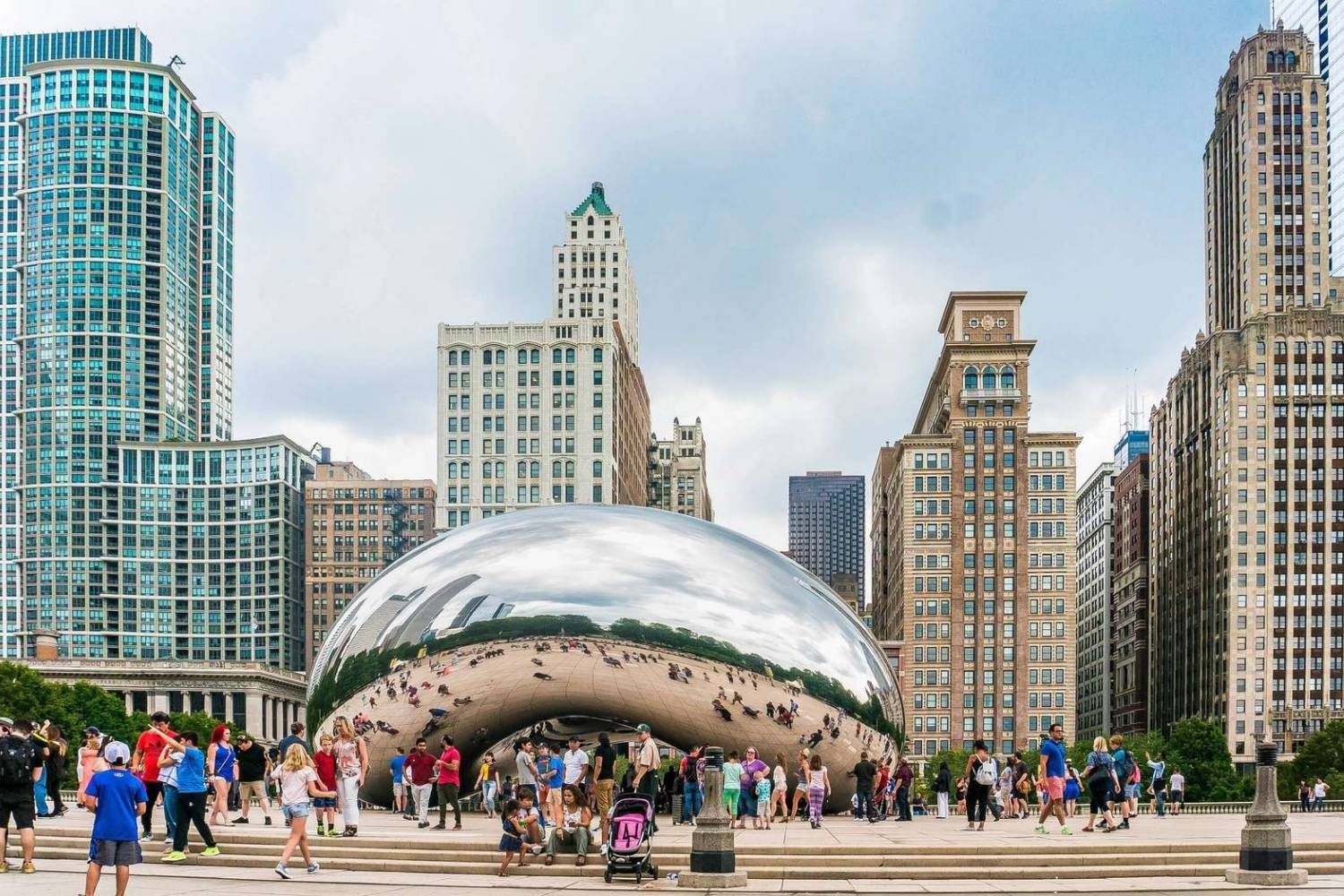New Hampshire, affectionately dubbed the “Granite State,” is a treasure trove of history, nature, and culture. Nestled in the northeastern United States, it boasts a rich tapestry of facts that highlight its unique identity. Whether you are a keen historian, an avid traveler, or simply someone intrigued by the quirks of state pride, this exploration of fun facts about New Hampshire will unveil the gems of this remarkable state.
1. The Origins of the Nickname: “Granite State”
The moniker “Granite State” is more than just an endearing title; it signifies the state’s extensive granite formations and quarries. Granite has played a pivotal role in New Hampshire’s economy and identity. The state was once the leading granite producer in the United States, and many landmarks—from buildings to monuments—still showcase this sturdy stone. The famous Pink Granite of Acadia National Park further emphasizes the geological richness of the region.
2. Home to the First Primary
New Hampshire holds the distinction of initiating the presidential primary season every four years. Since 1920, it has served as the first battleground for candidates vying for their party’s nomination. This tradition attracts national attention, transforming the state into a political stage where candidates engage intimately with the electorate, often leading to memorable interactions and endorsements.
3. Unmatched Natural Beauty
The state’s landscape is a collage of mountains, lakes, and forests. The White Mountains, a prominent range, encapsulate the majesty of nature, with Mount Washington standing as the highest peak in the Northeastern U.S. Renowned for unpredictable weather, Mount Washington is also famous for hosting the world record for the highest wind gust ever recorded at 231 miles per hour in 1934, offering both awe and respect for nature’s fury.
4. A Legacy of Historic Firsts
New Hampshire boasts a plethora of historical firsts, including the establishment of the first public library in America in 1833 in Peterborough. Additionally, it was the first U.S. state to declare independence from England on January 5, 1776, several months before the Declaration of Independence was signed. This early call for independence reflects the state’s longstanding commitment to autonomy and democracy.
5. Vibrant Autumn Foliage
As autumn descends upon New Hampshire, the landscape transforms into a vibrant palette of colors—crimson, gold, and orange. This natural spectacle attracts leaf-peepers from near and far, making the state a prime destination for watching the fall foliage. The annual “peak” season varies based on the weather, but typically spans from late September to mid-October, offering picturesque views and idyllic hiking conditions.
6. Lakes and Waterways
New Hampshire is abundant in lakes, with over 1,000 freshwater lakes dotted throughout the state. Among these gems, Lake Winnipesaukee is the largest and most famous, offering ample opportunities for swimming, boating, and fishing. It features several charming small towns on its shores, each with unique character, including Meredith and Wolfeboro—both popular stops for summer tourists.
7. Unique State Laws
New Hampshire has garnered attention for its unique and sometimes quirky laws. For example, it is one of the few states that does not impose a sales tax or an income tax, reflecting its libertarian values. This absence of certain taxes contributes to the state’s allure for businesses and residents alike, fostering a spirit of independence that resonates deeply with its populace.
8. The “Old Man of the Mountain”
For over 200 years, the “Old Man of the Mountain” was a natural rock formation that resembled the profile of an old man. Situated in Franconia Notch State Park, this iconic figure became a symbol of New Hampshire. Unfortunately, the granite visage collapsed in 2003, leading to outpourings of nostalgia and pride in efforts to commemorate its legacy through various memorials and tributes throughout the state.
9. Cultural Heritage
New Hampshire is steeped in cultural traditions, with an impressive mixture of Native American heritage alongside European settler influences. Historical sites abound, such as Strawbery Banke Museum in Portsmouth, which showcases colonial life. The annual New Hampshire Highland Games celebrates Scottish heritage, highlighting traditional games, dances, and music, further enriching the cultural tapestry of the state.
10. A Beer Lover’s Paradise
The state has a blossoming brewing industry, with craft breweries popping up like wildflowers. New Hampshire is home to a diverse selection of breweries, distilleries, and meaderies, including notable names like Smuttynose Brewing Company and Redhook Ale Brewery. This burgeoning industry not only caters to the palate but also fosters a sense of community through beer festivals and tasting events.
11. The Monadnock Region
Named after Mount Monadnock, which is frequently cited as the most climbed mountain in the world, this region encapsulates rural charm and scenic vistas. The area is replete with beautiful hiking trails, quaint towns, and artisanal shops that offer a taste of local life. Monadnock’s accessibility and stunning views make it a favorite among outdoor enthusiasts.
12. The Tradition of “Live Free or Die”
Emblazoned on New Hampshire’s license plates, the motto “Live Free or Die” reflects the rugged spirit of its inhabitants. This phrase, attributed to General John Stark, captures the essence of New Hampshire’s emphasis on individual liberty and state pride. It showcases a philosophy that resonates through various facets of life in this dynamic state.
In summary, New Hampshire encompasses a unique blend of historic significance, natural beauty, and cultural richness. This intricate patchwork of facts not only highlights its appeal as a travel destination but also enriches the identity of its residents. Whether exploring its majestic landscapes or engaging with its vibrant communities, the Granite State provides an engaging experience steeped in pride and authenticity.










